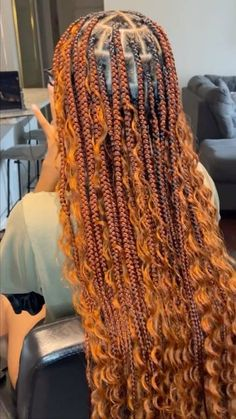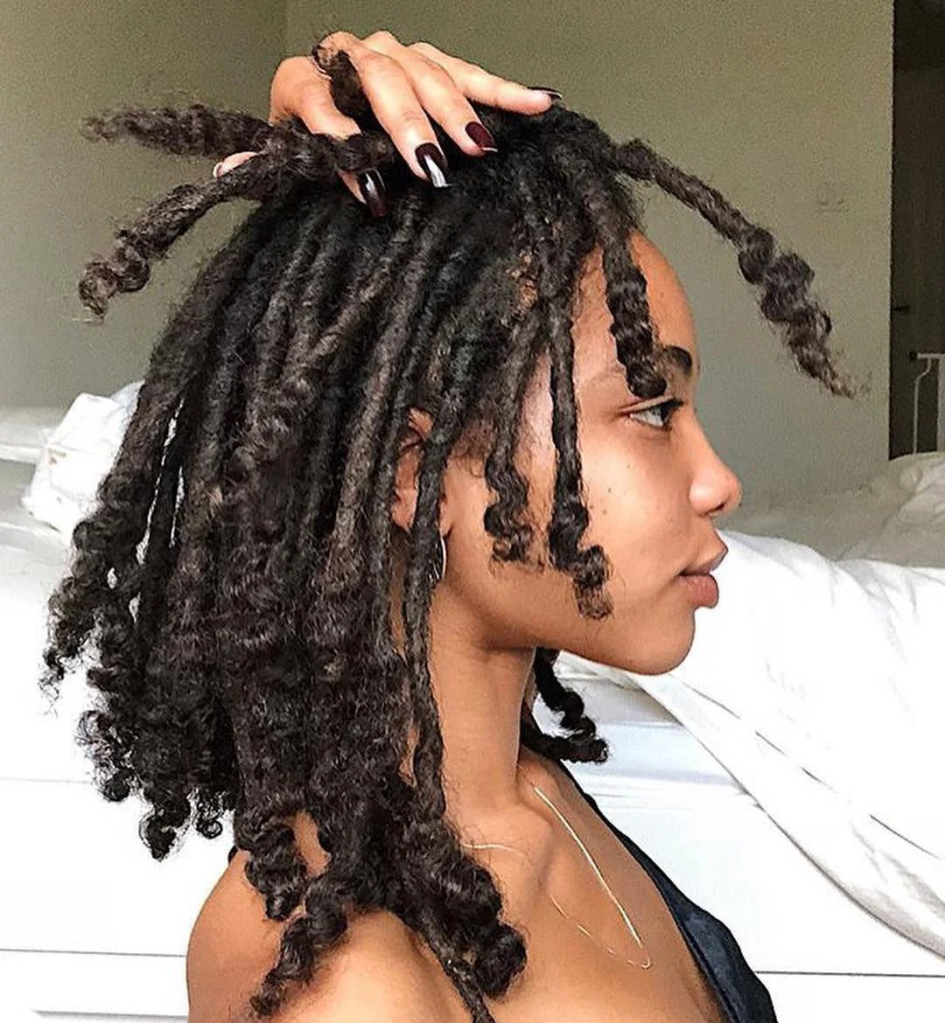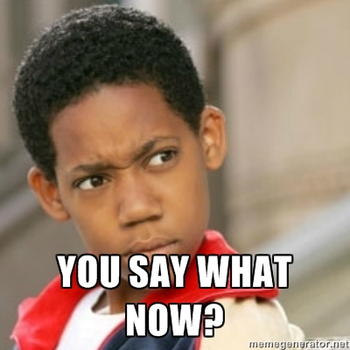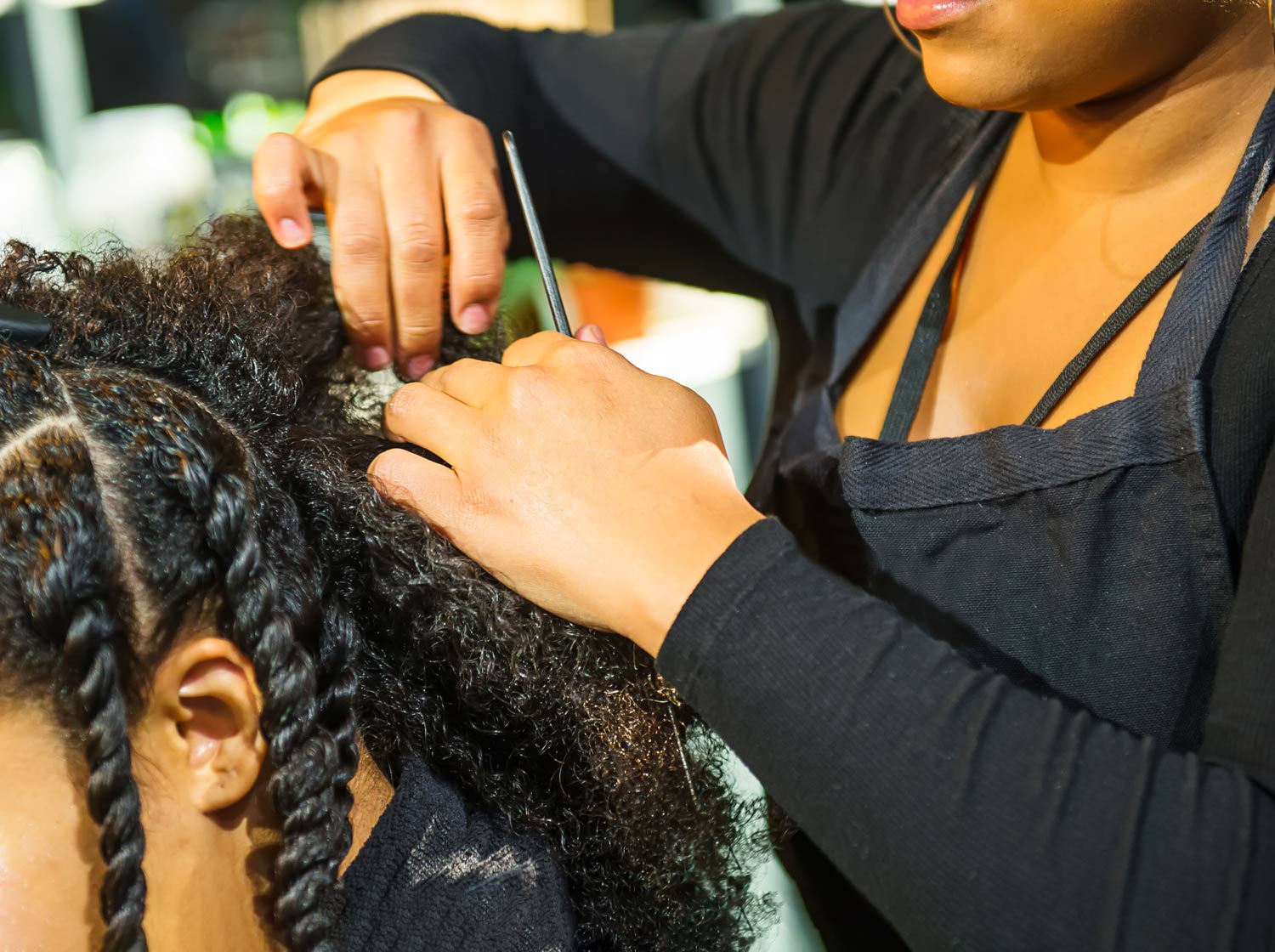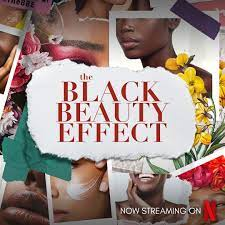
It was just last week when I saw the promo for this docuseries on Instagram. The 10 second clip had me immediately intrigued, especially when they touched on natural hair. Since I had taken Friday off from work, I knew what was on my to-do list for the weekend.
I actually started to watch the docuseries Thursday evening and continued to watch until I finished it on Saturday. The three part series focused on the following areas in black beauty and how black women and men contributed to the beauty industry:
- The Beat Effect (Makeup)
- The Skin Effect
- The Crown Effect (Hair)
What I liked about this series was the different women they used to speak. They came from all ages and backgrounds – black scholars, trailblazers and current trendsetters and entrepreneurs. They were powerful women in their own rights. Not only did they speak to their own experiences, they gave much needed history lessons regarding how we revolutionized makeup, skin care, and hair. Some of the people I already knew about, but there were a few that I wasn’t familiar with. I plan on researching the ones I didn’t know about later on.
When I got to the last part of the docuseries, I paid closer attention because now they were talking about natural hair. While I loved what they had to say and the history lessons that were given, I felt it was lacking. Yes, I know this docuseries was primarily about the contributions of black men and women to the beauty industry and was meant to give them kudos. So of course they had limited time and planned on talking about specific things. In hindsight, maybe this wasn’t the documentary to dive deep into the issues within the natural hair community, specifically the natural hair movement. However, I think a small portion could have been dedicated to that topic. At the end of the day, a discussion needs to be had about the state of the natural hair movement as it stands today.
A lot of people, including some who participated in the docuseries, have made millions if not billions of dollars off the the natural hair movement. You have those who started making products in their kitchens and then blew up over night and eventually sold their brand to Proctor & Gamble or other major corporations. What these brands and big corporations do is create product junkies. They see the amount of money black women spend on products for their hair, so they continuously pump out “new” products for them to buy. Black women buy them because of the results that these products promise to provide when most times they don’t. Products became the new creamy crack, and that’s why the natural hair movement was more beneficial to corporations than black women.
Greed and capitalism took over while the rest of us were left holding our party favors and drinks wondering why the party ended. Where’s the fun? Who turned off the music? The party is over. It ended years ago when the focus turned to products and money instead of actually helping black women care for their natural hair. The hosts of the party shut it down once they got what they wanted and were able to stuff their pockets full of money. Their parting advice before they sped off in their luxury cars was “Make sure you buy my ENTIRE product line that’s now available in Walmart, Target, and Walgreens!”
I don’t begrudge anyone making money. If you put out a quality product that actually does what it says it will do for black women’s hair, I’m all for it. What I’m against and absolutely hate are the bandwagon jumpers who put out crap knowing it’s not going to work for the average natural haired black woman. And there are A LOT of companies out there who push garbage on the black female consumer. This is the part of the natural hair movement that I hate and detest. And I hate that black women have fallen for the BIGGEST LIE: that they need five or more different products in order for their hair to “act right”. All this does is turn black women into product junkies while feeding greedy corporations pockets.
At the end of the day, we’re in a never-ending cycle of dysfunction. I honestly feel like I’m on an island by myself when it comes to this topic. I feel let down by the natural hair community and I feel we’ve dropped the ball when it comes to educating black women. There are some black women out there who are doing the work and doing their best to educate. But I can’t just blame the natural hair community as a whole.
Black women need to hold themselves accountable too.
We can’t continue the cycle of “This is all I know” or “This is how my mama and grandma took care of my hair”. In the age of technology – Google and YouTube in particular – there really is no acceptable excuse. In 2023, we know relaxers are not good for us. They are a detriment to our health and life. When we see our edges going bald and the baldness spreading from over use of wigs and weaves, we know it’s from wearing those wigs and weaves and braids too often. But we do it anyway. And THAT is the problem. Instead of getting our natural hair healthy, allowing our scalps to breathe, and loving our natural selves, we’ve become addicted to the easy cover up. We hide. Instead of correcting and fixing problems, we continue in the same harmful cycle.
Maybe the task or idea of bringing the natural hair community and movement to a healthier, helpful space is too big. It’s too far-reaching. Me and my grand ideas are expecting miracles instead of being realistic. I guess all I can do is do my little part with my blog and my YouTube channel and just keep making content with the intent of educating and helping. This is so frustrating to me, though. I see the beauty in us, our hair, our culture. But I also see a lot of black women and men who are still brainwashed and live by Eurocentric beauty standards. Our beauty and it’s power has been lost and it’s a shame. We’ve become comfortable not being ourselves and going out of our way to look like someone else. That’s sad.
Yes, black people have contributed greatly to beauty standards. We’ve revolutionized everything from makeup, skincare and hair care. We are an innovative people. We are the standard. But we also need to remind ourselves that our natural beauty is the standard. Our natural beauty is beautiful. It’s what has so many cosmetic doctors rich because so many non black women want bigger lips, hips, legs and butts. All the things the majority of us have naturally. Why can’t we love ourselves and stop judging one another with trivial things like how light our skin is, how long our hair is or thinking a certain texture is better than a kinkier texture? We are using old disgusting standards like the brown paper bag test, but have flipped it to use hair texture and skin color to measure one’s beauty and worth. It’s sick and it’s sad. Until we get past such negative, trivial and divisive behaviors, we will stay stuck. There will never be unity.
In the end, The Black Beauty Effect was quite enjoyable and relatable. I learned new things, it made me feel more pride in how innovative we are with the things we had to overcome because we were refused opportunities and treated as less than. Our needs were never considered when it came to skincare, haircare or makeup. We had to fend for ourselves or make do with what we had and what was available. We are resilient, smart, and innovative because not only did we come up with hair, skin and makeup that suited our needs, we blew up the industries. If there’s one thing we will do, we will figure things out! I love that about us! There are so many layers to black people and our stories and journey. I don’t know if the natural hair movement is even still a thing let alone something that can be fixed or resurrected. I think I’m the one holding out hope for a revival, a rebirth of unity and I’m just fooling myself. I can keep wishing and hoping, though.
I hope one day someone will stumble upon my blog and read my words and see the need for a change or a pivot in the natural hair community.
*EDITED REVIEW*
I decided to watch this docuseries one more time and really listen to everything that was stated from start to finish. I wanted to soak in everything to make sure I wasn’t missing or overlooking anything. When I did this, I quickly realized that I wasn’t paying attention to a lot of key things that were discussed.
First, when it came to the creator of Carol’s Daughter, Lisa Price, discussing why she sold her business to Loreal – I was completely wrong. I have said on numerous occasions that she sold to Proctor & Gamble. That is false. I called her a sell out and was extremely disappointed in her selling while not understanding the business side of it all. I think most of us in the black community, those of us who supported and bought her products for years and even before she blew up, felt let down and disappointed. But when Lisa Price explained why she sold the business to Loreal it made total business sense. Once your business has done well and sold a lot of products and made a lot of money it can become stagnant. You have to find a way to continue to make money for yourself and your investors. Selling your business while it’s hot is what makes the most sense, and that’s what she did.
I apologize for my lack of understanding and ignorance. You could tell that being called a sell out – especially when all you’ve tried to do is HELP the black community – hurt Lisa Price. I think at the time the public was so hurt and in their feelings that they weren’t trying to hear WHY she sold her business, myself included. But hearing her explain the business side and why she did what she did and how she was able to create more businesses and more jobs for people of color, I applaud her for being able to do that. The moral of the story is sometimes you have to sell to continue to grow when it comes to business.
I also came to realize that I need to do better when it comes to my personal skin care. I’m 50 years old and there are a lot of things that I’m not doing that I should, such as wearing sunscreen EVERY DAY. Black people as a whole need to do a better job at wearing sunscreen. Black DOES crack! We DO and CAN get skin cancer and sunburn. I have dry skin so I need butters and creams for my skin, and I need to apply them at night. And I need to take my eye makeup off every night before going to bed. I have to stop being so lazy with that!
In conclusion, please watch this docuseries on Netflix! It’s worth the watch and you will enjoy it immensely!
